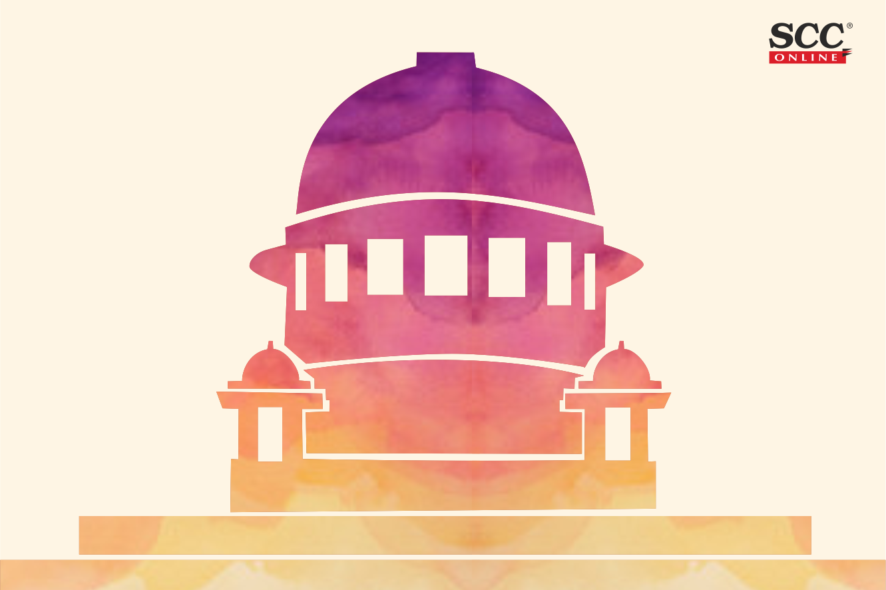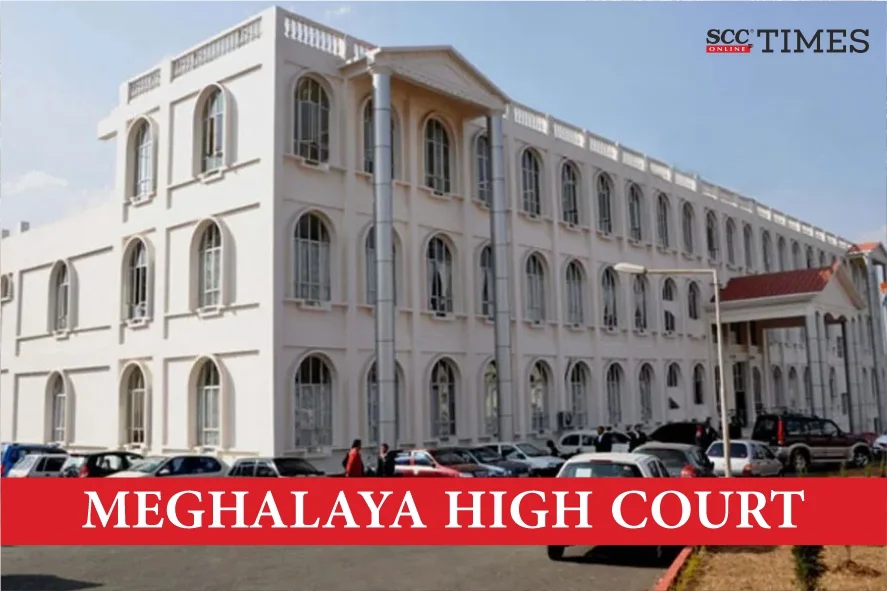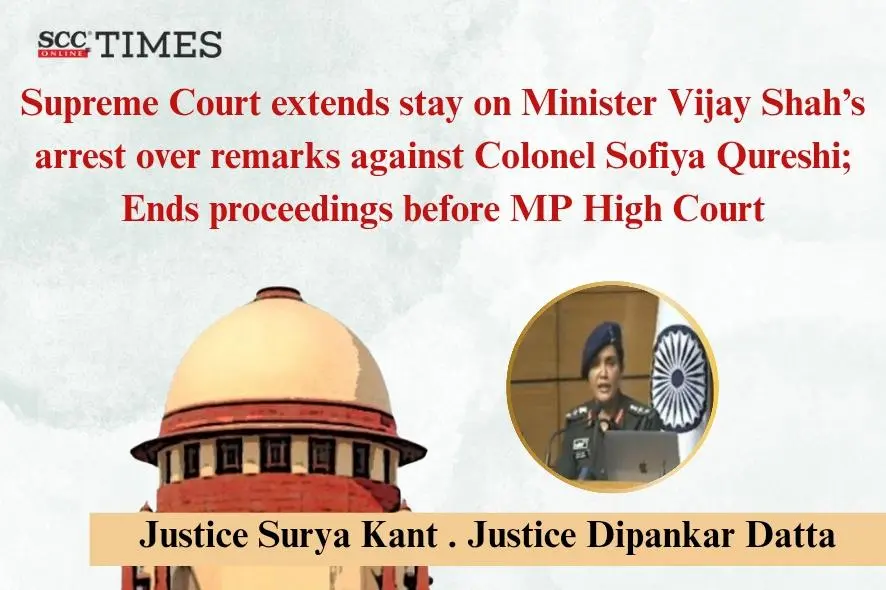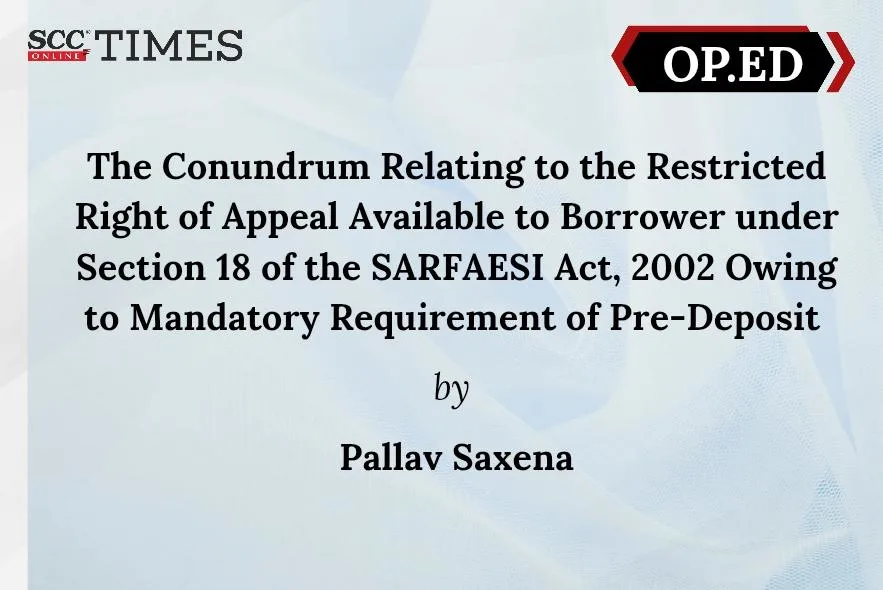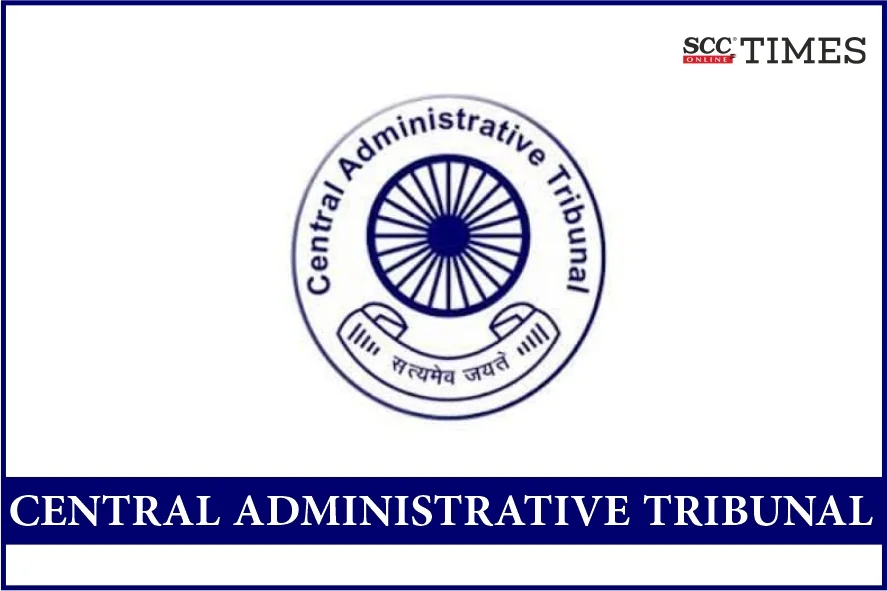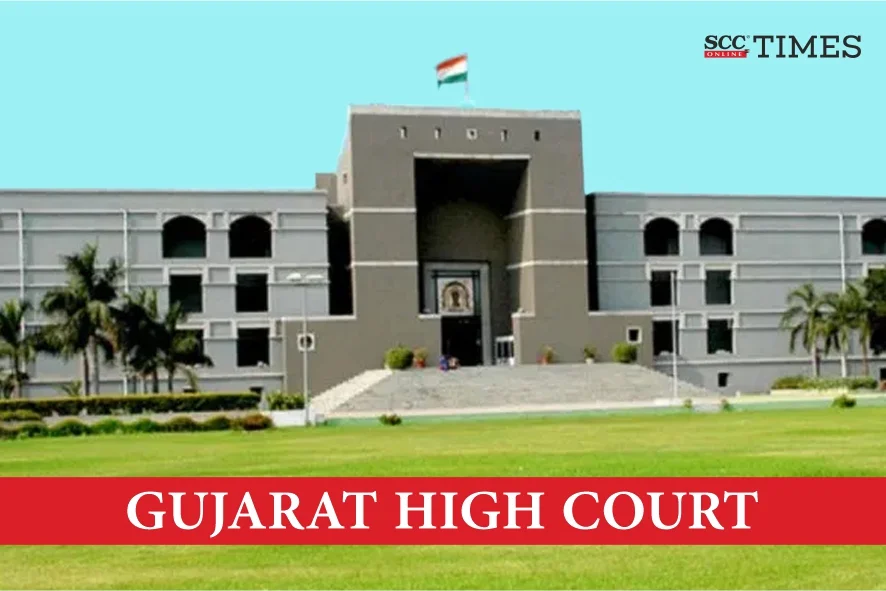Supreme Court: The Division Bench of R. Subhash Reddy* and Hrishikesh Roy, JJ., held that once the fresh notification is issued by the State for land acquisition, no cause of action survive on previous notification and actions taken therein, when that proceeding is declared lapsed. Quoting the case of R.N. Dey v. Bhagyabati Pramanik, (2000) 4 SCC 400, the Bench stated,
“Discretion given to the court in dealing with the proceedings under Contempt of Courts Act is to be exercised for maintenance of court’s dignity and majesty of law and further an aggrieved party has no right to insist that court should exercise such jurisdiction, inasmuch as contempt is between contemner and the court.”
These contempt petitions were filed under Section 12 of the Contempt of Courts Act, 1971 alleging that the respondents had wilfully and deliberately violated directions issued by the Court in the order dated 17-08-2015, 29-08-2016 and 05-01-2017.
Background
The land admeasuring 29.38 acres belonging to the petitioner was acquired under provisions of the Land Acquisition Act, 1894; the notification was issued under Section 4(1) of the Act at the first instance on 25-03-1981. Pursuant to which the said land was subsequently declared as a protected forest under Section 29 of the Indian Forest Act, 1927. However, as no award was passed pursuant to the notification issued under Section 4(1) of the Act, a fresh notification under Section 4(1) of the Act was issued on 24-05-1995.
Litigation History
The subsequent notification was challenged before the Patna High Court, wherein the High Court held that notwithstanding the delay in passing the award, possession of the land as well as title vested in the respondent State. Noticeably, during the pendency of the said petition an award was passed on 27-09-2006, purportedly pursuant to 1981 notification. Consequently, the petitioners approached the Supreme Court with their grievance, wherein, the Court held that the provisions of the Right to Fair Compensation and Transparency in Land Acquisition, Rehabilitation and Resettlement Act, 2013 would apply as much as State had not progressed beyond making a declaration under Section 6 of the Act, pursuant to subsequent notification. The land acquisition proceedings were declared lapsed by the Court, and the respondent State was directed to initiate fresh acquisition proceedings or to take any other action available under law.
Alleging wilful and deliberate violation of the directions issued in the aforesaid order, contempt petitions were filed, however, noticing that fresh notification was issued during the pendency of the contempt petitions and the possession of the land was already undertaken by authority, the petition was disposed of with the direction that the petitioner shall be paid the amount of compensation as per the provisions of Section 40 of the Right to Fair Compensation and Transparency in Land Acquisition, Rehabilitation and Resettlement Act, 2013.
Grievances of the Parties
The petitioners submitted that at first instance land was acquired by invoking urgency clause, and in spite of directions for payment of compensation by following the provisions under Section 40 of the 2013 Act, respondents had passed the award without adhering to the same and the acquired land was being used for construction of office and residential buildings, and contrary to various directions issued by the Court, land was treated as agricultural forest land, a concept unknown to law.
On the other hand, the State contended that the Court had directed that a fresh notification would be issued wherein; the Court had not expressed any opinion on the nature of the land etc. and left open all the issues. It was the case of the respondents that if the petitioner was aggrieved by the determination of compensation, it was always open to avail remedy under Section 64 of the 2013 Act, however, without availing such remedy under guise of contempt, the petitioner was trying to enlarge the scope of directions issued by the Court.
Factual Analysis
Noticeably, consequent to the Court orders, the respondents-State had issued a fresh notification under Section 11 of Act, 2013; pursuant to award inquiry was conducted. Therefore, rejecting the contention of the petitioners that the respondent-state had not granted the benefits as per Section 40 of the 2013 Act, the Bench expressed,
“It is to be noted that subsequent in the latest notification issued under Section 11 of the 2013 Act respondents have not invoked urgency clause at all. When the notification was issued under Section 11 of the 2013 Act, without invoking urgency clause, the question of extending the benefits as per Section 40 of the 2013 Act will not arise.”
Reliance was placed by the Bench on J.S. Parihar v. Ganpat Duggar, (1996) 6 SCC 291, wherein it was that once there is an order passed by the Government on the basis of directions issued by this Court, there arises a fresh cause of action to seek redressal in an appropriate forum. Similarly, in R.N. Dey’s case it was held that a decree obtained under Land Acquisition Act, is an executable decree and no contempt can be maintained for noncompliance of such decree. In the same judgment it was observed that weapon of contempt is not to be used in abundance or misused.
Therefore, in view of the last notification issued under Section 11 of the 2013 Act on 14-02-2020 and the award passed by the respondent authorities, the Bench opined that it could not be said that respondents had deliberately and intentionally violated any directions issued by the Court, attracting the provisions of Contempt of Courts Act, 1971. On the submissions of the petitioner that land was wrongly categorized in the award for fixation of market value, the Bench opined that while it was open to the petitioner to avail the remedies available in the Act for proper determination of compensation,
“Section 64 of the 2013 Act, makes it clear that any person interested, who has not accepted the award, by written application to the Collector may seek reference to the competent authority constituted under Section 66 of the 2013 Act. Even after adjudication made by such authority on reference, there is a further remedy available under Section 74 to the High Court.”
Conclusion
Consequently, the Bench held that while it was open for the petitioner to pursue remedies available in law, there was no contempt as alleged. Accordingly, the contempt petitions were dismissed. The Bench further clarified that it had not expressed any opinion either on the categorization of the land or on the determination of market value in the award.
[Soorajmull Nagarmull v. Brijesh Mehrotra, 2021 SCC OnLine SC 1252, decided on 14-12-2021]
Kamini Sharma, Editorial Assistant has put this report together
Appearance by:
For the Petitioners: A.M. Singhvi and Mr. Gopal Sankarnarayanan, Senior Advocates
For the Respodnents: Ranjit Kumar, Senior Advocate
*Judgment by: Justice R. Subhash Reddy


